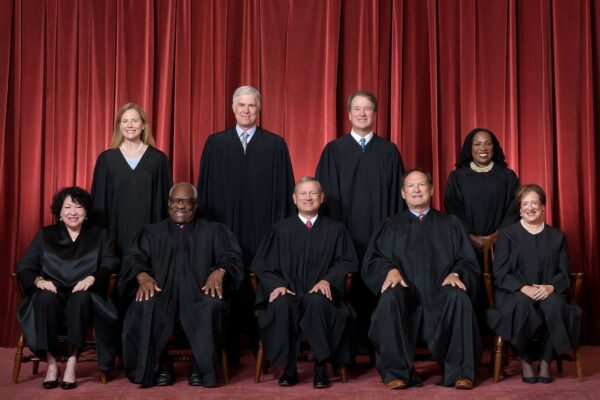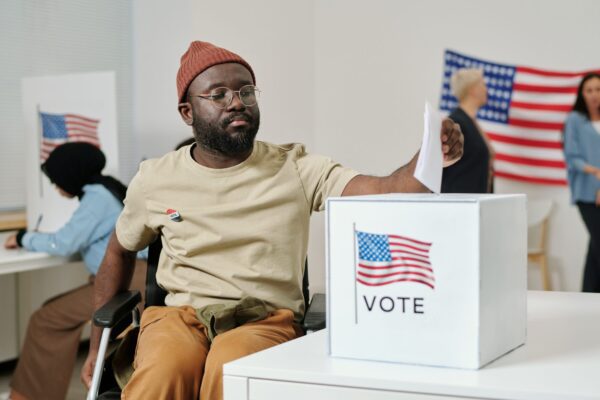A U.S. Supreme Court ruling Thursday striking down affirmative action policies for college and university admissions was met with disappointment from Southland leaders, while USC President Carol Folt insisted the decision will not affect the university’s commitment to diversity.
The ruling will have a limited effect on California public universities, thanks to previous ballot measures prohibiting race-based admissions. But the ruling will extend to private universities like USC.
Folt, in a statement Thursday morning, called the Supreme Court ruling “very disappointing.”
“USC has long understood that excellence and diversity are inextricably intertwined,” Folt said. “We educate innovative, thoughtful students from across the globe, who become leaders in every field. Each of our students, faculty and staff has earned a place here and contributes to creating one of the most stimulating and creative educational communities in the world.
“This decision will not impact our commitment to creating a campus that is welcoming, diverse and inclusive to talented individuals from every background,” she said. “USC provides an outstanding learning community where differing backgrounds and points of view are embraced, where ideas collide, beliefs are challenged and innovation thrives. We will not go backward.”
Although the ruling will not have a direct impact on the University of California system, UC President Dr. Michael V. Drake also expressed disappointment in the decision challenging affirmative action policies.
“Since the consideration of race in admissions was banned in California 27 years ago by Proposition 209, the University of California has adjusted its admissions practices to comply with the law while continuing to aggressively pursue avenues for increasing diverse student applications, admissions, enrollment, and retention,” Drake said in a statement. “Through a comprehensive admissions review process, we have made important strides in this area — but more work remains to be done by us all.
“Today’s court decision bars the use of an important tool for other higher education institutions,” he said. “The consideration of race was not the conclusive solution to inequities in college admissions, but it was a necessary pathway to addressing systemic deficiencies. Without it, we must work much harder to identify and address the root causes of societal inequities that hinder diverse students in pursuing and achieving a higher education.”
Response from local elected officials was predictably split on party lines.
“Our students benefit when our institutions reflect the diversity of our country,” Rep. Nanette Barragán, D-Long Beach, said. “(The) ruling dismantles years of precedent & exacerbates obstacles to higher education for students of color. This ignores the realities of the need for equitable & equal opportunities for all.”
Gov. Gavin Newsom blasted the decision on affirmative action as upending a longstanding precedent “without any care for the costs to society and students around the country.”
“Right-wing activists — including those donning robes — are trying to take us back to the era of book bans and segregated campuses,” Newsom said in a statement.
“While the path to equal opportunity has now been narrowed for millions of students, no court case will ever shatter the California Dream,” the governor said. “Our campus doors remain open for all who want to work hard, and our commitment to diversity, equity, and equal opportunity has never been stronger.”
Rep. Michelle Steel, R-Cypress, applauded the decision.
“I immigrated to this country from Korea when I was 19 years old to pursue an education,” Steel said in a statement. “I am living my American Dream because, in this country, your actions determine your success — not your race and ethnicity. For 40 years, American colleges and universities have stacked the deck against Asian Americans in the name of diversity. As a nation, we believe, as taught by Dr. Martin Luther King Jr., that every human should be judged ‘not by the color of their skin, but by the content of their character.’
“Thanks to the brave young men and women who spoke up about their experiences with racial discrimination, today’s victory marks a new chapter in the fight for equality in education,” she said.
Assemblyman Bill Essayli, R-Riverside, hailed the ruling as “upholding the fundamental American ideal that all men and women are created equal and shall not be treated differently based on his or her race.”







